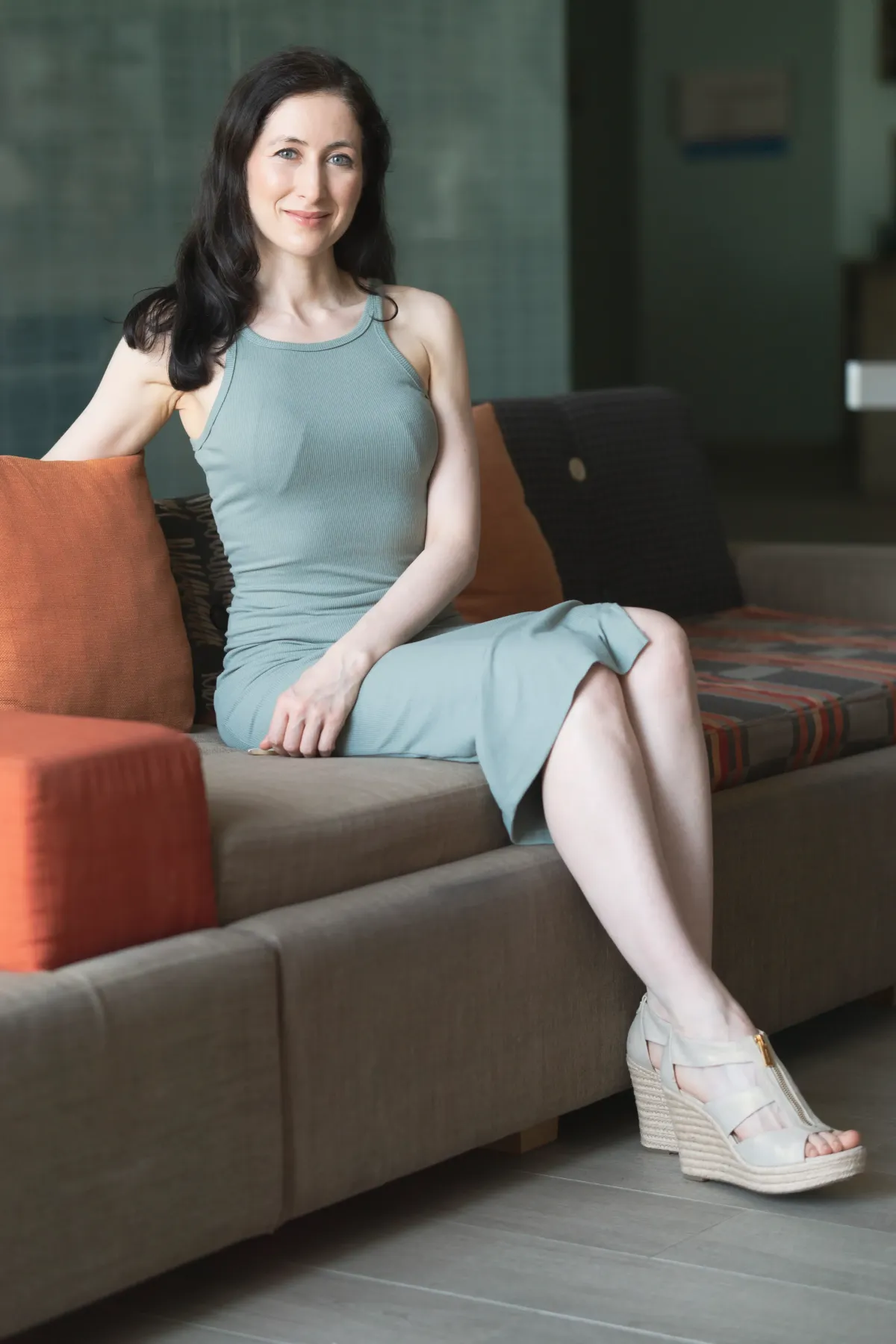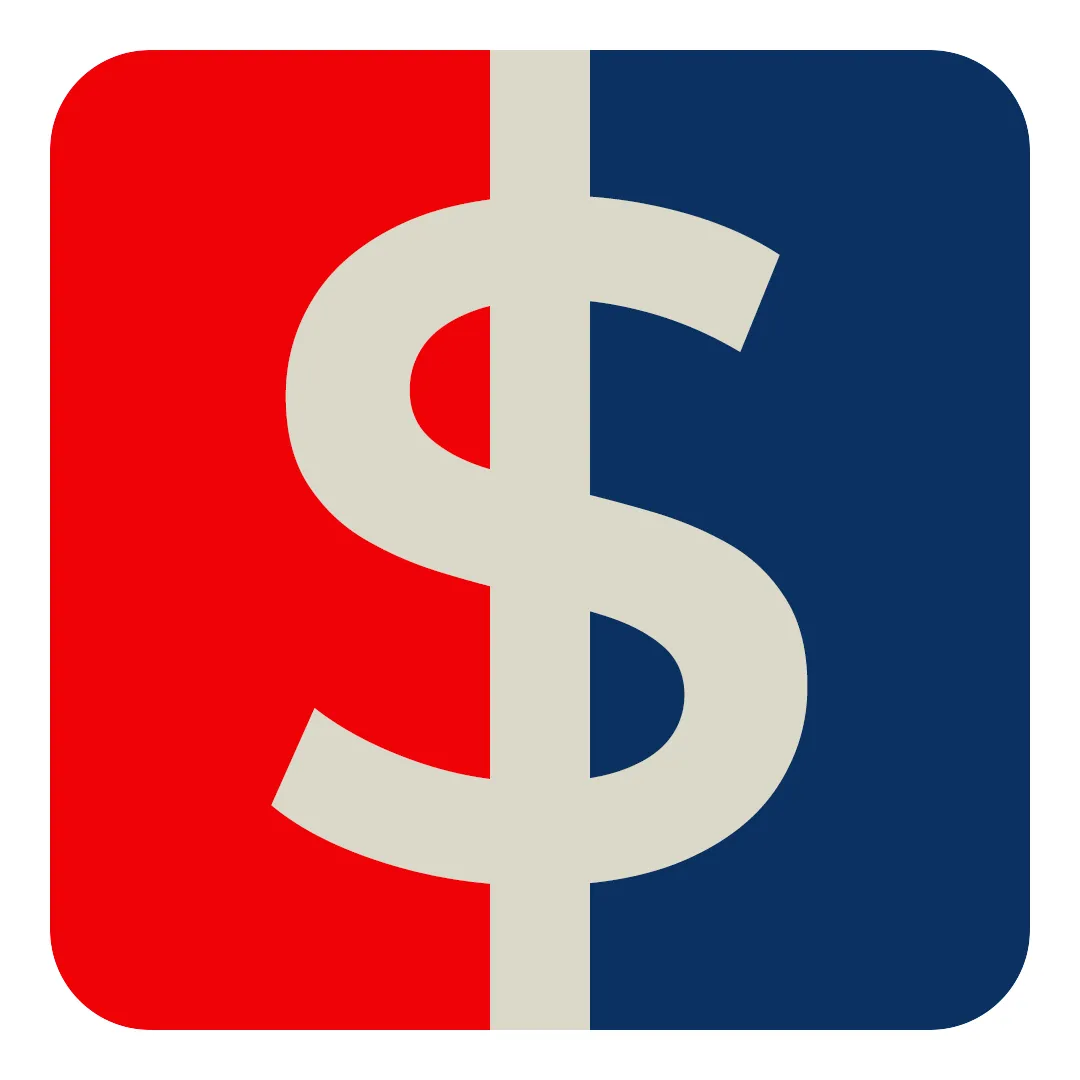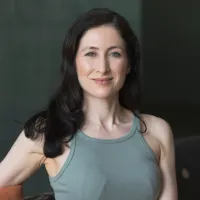BLOG
Your weekly dose of helpful tips and stories for your career and business.
BLOG
Your weekly dose of helpful tips and stories for your career and business.

How in the world do you compete? (Part 1)
This week we will speak about how to think about what should be your competitive advantage and comparative advantage as you are building your career or business. Developing a sustainable and realistic competitive advantage and comparative advantage in your career is challenging. Everyone reading this understands how difficult and tiresome it is to renew your profile so that you remain attractive to your organization and clients on a daily, weekly, and yearly cycle.
And it is not just about being better than you were 12 months ago, it means being attractive relative to your peers and competitors. Each year thousands of MBAs and other graduates enter the workforce with fabulous credentials, and your peers get staffed onto choice assignments close to the senior leaders of the organization. And for those of us living in the Western world age is often viewed as a liability versus an asset. Discrimination based on age is still acceptable and tolerated to a large degree. We live in a crazy world where 40 year old is considered old by many people in their 20s and 30s, even though we as humans are living longer and longer.
Competing earlier in your career is easier. You can get an MBA, you can switch organizations more easily, you can even switch careers.
But how in the world do you compete as you go over 35, and over 40?
We received the email below from a former client, Stanford MBA graduate we placed at McKinsey in San Francisco some time back, who has since left and is working for Google.
His career is not going well. He is struggling to define a role for himself within Google and feels he is adding little to no value. He believes the competition is just too much for him. He gets up most days and wonders what he will do. I know he has been reading all kinds of books from authors like Malcolm Gladwell, in the hope of finding some tenuous competitive advantage for his career.
“I returned to the US after my vacation. Thanks for all the cool changes to the site. I will dig in if I get a chance!"
I just read “Outliers” and it lifted my spirits. Please read it when you have time.
After much to and from on this, I am going to build my career around my quantitative skills in financial analyses on the business development side. I am good at it, I like it and Google is doing a lot of acquisitions so these skills are in enormous demand.
Any advice you have will be great to hear.”
I thought the advice we sent him would be useful to everyone. What follows is our response.
“We will go back to some of the basics around how you should make this decision. I will lay this out so you can follow my thinking and see how I arrived at my conclusions.
We assume competitive advantage is a measurable strength or attribute. We think there are individual and discreet things we can measure. For example, a company may assume its competitive advantage is access to 30 million cable subscribers. That is measurable and largely singular. It is one thing that is easy to measure, easy to focus on, and, therefore, easier to defend.
Focusing on 4 things to defend is much tougher.
Professionals like you and I tend to do the same. We try to find one, two, or three measurable strengths and claim it is our competitive advantage. In your case, it is your awesome excel jockey skills and possibly your ability to present those numbers you have crunched.
The single most important reason why we define competitive advantage in these simple terms is because it is easy to do so. It is easy to write about simplified concepts. They tend to make intuitive sense and everyone is repeating it – so how can it be wrong?
Well, you can write books about it because it creates such a compelling and easy storyline:
Step 1: Make a list of your skills
Step 2: Filter out what you like
Step 3: Filter out what you are good at
Step 4: Work at it for 10,000 hours and be a success
As humans, we like stories like that.
There is another reason this erroneous view of career competitive advantages has become so popular. To understand this, think about the way mentoring is done today.
There is a massive industry, multiples of multi-billion dollars, with mentors who can help you build a career advantage. They usually offer you the 4 steps above and add in a few interesting ideas. If they do not offer you something solid, you will hit Google search and find another career coach.
The very same problem tarnishes the competitive advantage analyses of companies or businesses. We want to hear simple solutions, which fit our existing frame of thinking. So we filter out things that are too complex or which we cannot immediately replicate.
There is another reason why these simple and cute definitions of competitive advantage have become so popular. Humans have a tendency towards vanity and like hearing nice things about us.
That is why the 10,000 hours narrative is so catchy.
It means you worked hard.
Therefore, it means you did not just luck out.
Therefore, it means you are not lazy.
The number is large enough to require an effort but not so large that you give up without trying."
I hope these initial thoughts were helpful. Not to keep this post too long we will continue in the next post, focusing on some of the myths about competitive advantage related to your career or your company. They all apply to both.
Take care,
Kris
P.S. If you would like to receive sample episodes from our strategy, problem-solving, leadership, consulting practice building and communication training programs on StrategyTraining.com, you can get it here.
A version of this article was originally published on www.FIRMSconsulting.com.

How in the world do you compete? (Part 1)
This week we will speak about how to think about what should be your competitive advantage and comparative advantage as you are building your career or business. Developing a sustainable and realistic competitive advantage and comparative advantage in your career is challenging. Everyone reading this understands how difficult and tiresome it is to renew your profile so that you remain attractive to your organization and clients on a daily, weekly, and yearly cycle.
And it is not just about being better than you were 12 months ago, it means being attractive relative to your peers and competitors. Each year thousands of MBAs and other graduates enter the workforce with fabulous credentials, and your peers get staffed onto choice assignments close to the senior leaders of the organization. And for those of us living in the Western world age is often viewed as a liability versus an asset. Discrimination based on age is still acceptable and tolerated to a large degree. We live in a crazy world where 40 year old is considered old by many people in their 20s and 30s, even though we as humans are living longer and longer.
Competing earlier in your career is easier. You can get an MBA, you can switch organizations more easily, you can even switch careers.
But how in the world do you compete as you go over 35, and over 40?
We received the email below from a former client, Stanford MBA graduate we placed at McKinsey in San Francisco some time back, who has since left and is working for Google.
His career is not going well. He is struggling to define a role for himself within Google and feels he is adding little to no value. He believes the competition is just too much for him. He gets up most days and wonders what he will do. I know he has been reading all kinds of books from authors like Malcolm Gladwell, in the hope of finding some tenuous competitive advantage for his career.
“I returned to the US after my vacation. Thanks for all the cool changes to the site. I will dig in if I get a chance!"
I just read “Outliers” and it lifted my spirits. Please read it when you have time.
After much to and from on this, I am going to build my career around my quantitative skills in financial analyses on the business development side. I am good at it, I like it and Google is doing a lot of acquisitions so these skills are in enormous demand.
Any advice you have will be great to hear.”
I thought the advice we sent him would be useful to everyone. What follows is our response.
“We will go back to some of the basics around how you should make this decision. I will lay this out so you can follow my thinking and see how I arrived at my conclusions.
We assume competitive advantage is a measurable strength or attribute. We think there are individual and discreet things we can measure. For example, a company may assume its competitive advantage is access to 30 million cable subscribers. That is measurable and largely singular. It is one thing that is easy to measure, easy to focus on, and, therefore, easier to defend.
Focusing on 4 things to defend is much tougher.
Professionals like you and I tend to do the same. We try to find one, two, or three measurable strengths and claim it is our competitive advantage. In your case, it is your awesome excel jockey skills and possibly your ability to present those numbers you have crunched.
The single most important reason why we define competitive advantage in these simple terms is because it is easy to do so. It is easy to write about simplified concepts. They tend to make intuitive sense and everyone is repeating it – so how can it be wrong?
Well, you can write books about it because it creates such a compelling and easy storyline:
Step 1: Make a list of your skills
Step 2: Filter out what you like
Step 3: Filter out what you are good at
Step 4: Work at it for 10,000 hours and be a success
As humans, we like stories like that.
There is another reason this erroneous view of career competitive advantages has become so popular. To understand this, think about the way mentoring is done today.
There is a massive industry, multiples of multi-billion dollars, with mentors who can help you build a career advantage. They usually offer you the 4 steps above and add in a few interesting ideas. If they do not offer you something solid, you will hit Google search and find another career coach.
The very same problem tarnishes the competitive advantage analyses of companies or businesses. We want to hear simple solutions, which fit our existing frame of thinking. So we filter out things that are too complex or which we cannot immediately replicate.
There is another reason why these simple and cute definitions of competitive advantage have become so popular. Humans have a tendency towards vanity and like hearing nice things about us.
That is why the 10,000 hours narrative is so catchy.
It means you worked hard.
Therefore, it means you did not just luck out.
Therefore, it means you are not lazy.
The number is large enough to require an effort but not so large that you give up without trying."
I hope these initial thoughts were helpful. Not to keep this post too long we will continue in the next post, focusing on some of the myths about competitive advantage related to your career or your company. They all apply to both.
Take care,
Kris
P.S. If you would like to receive sample episodes from our strategy, problem-solving, leadership, consulting practice building and communication training programs on StrategyTraining.com, you can get it here.
A version of this article was originally published on www.FIRMSconsulting.com.
Do you prefer videos?
Watch them on the go.

Hi! My name is Kris.
I am a former classical concert pianist, MBA, corporate banker managing <$1B portfolio, WSJ bestselling author and management consultant. I am now an entrepreneur.
Follow me on:
Do you prefer videos?
Watch them on the go.
Hi! My name is Kris.
I am a former classical concert pianist, MBA, corporate banker managing <$1B portfolio, WSJ bestselling author and management consultant. I am now an entrepreneur.

Follow me on:
Be the first to know.
Join our mailing list and get notified when we publish a new blog. You can also receive resources, stories, tips and promos designed for career and business growth.
Be the first to know.
Join our mailing list and get notified when we publish a new blog. You can also receive resources, stories, tips and promos designed for career and business growth.




